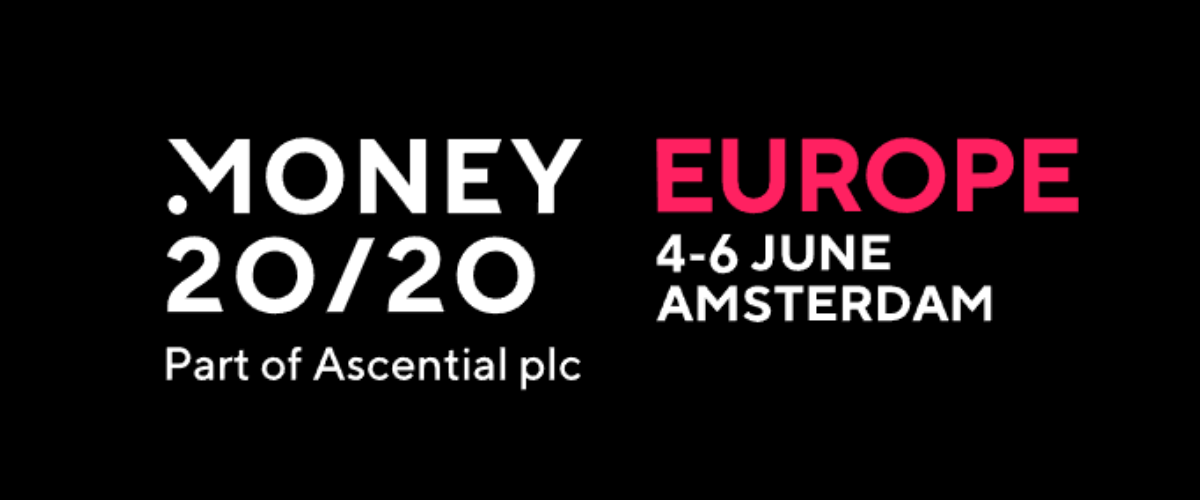Stibbe publishes their International Women’s Day article on March 8, 2024, which examines the status and trends related to women’s participation and rights in the Dutch workplace. The insights focus on equal pay, pregnancy discrimination, and fair opportunities in recruitment. Despite over 50 years of efforts on addressing the gender pay gap, recent statistics from the Central Bureau of Statistics reveal a persistent gap of 7% in the private sector and 2% in the public sector. Minister Van Gennip acknowledged the slow progress in reducing these disparities and outlined government measures, such as increased parental leave benefits, addressing pregnancy discrimination, and initiating a dialogue to gather insights into gender equality experiences.
The article also highlights the impact of the Directive on pay transparency, effective from June 6, 2023, requiring employers to be transparent about their pay policies. For companies with 100 or more employees, there will be a reporting obligation on the gender pay gap, potentially introducing administrative burdens. The Directive aims to empower applicants and employees with information on their individual pay levels and gender-specific average pay levels.
Concerning pregnancy discrimination, a 2020 study by the College for the Rights of Man revealed that 43% of working and job-seeking women experienced such discrimination. Government efforts to combat this issue include awareness campaigns, but the effectiveness is yet to be fully assessed.
The article introduces the proposed “Wetsvoorstel toezicht gelijke kansen bij werving en selectie” (Bill on Supervision of Equal Opportunities in Recruitment and Selection) which grants the Labor Inspectorate the authority to ensure employers and intermediaries have non-discriminatory recruitment and selection practices. The bill obligates employers to have transparent and fair procedures for offering and fulfilling vacancies, and non-compliance may result in penalties.
In conclusion, the legislation discussed in the article marks a shift from merely prohibiting discrimination to imposing positive obligations on employers. The emphasis on transparency and active measures aims to empower employers to effectively address unequal treatment within their organizations. The article provides a comprehensive overview of the legislative landscape related to gender equality and employment practices in the Netherlands as of March 11, 2024.


